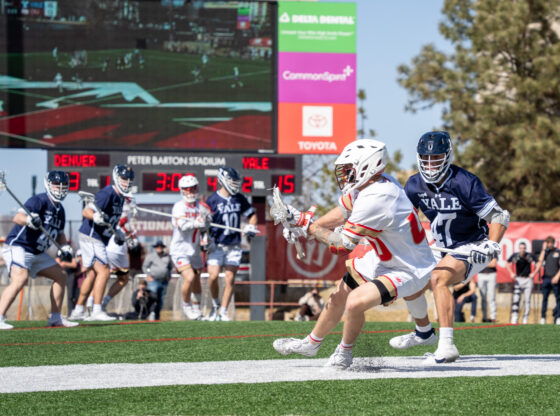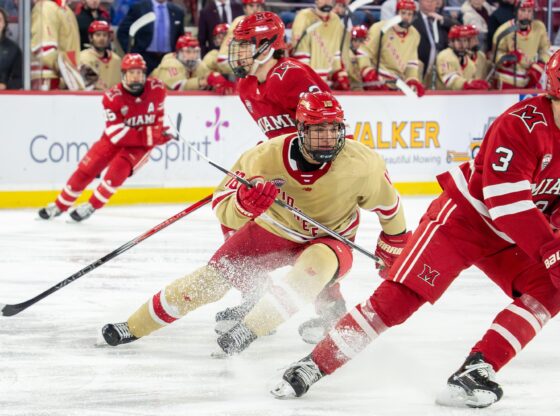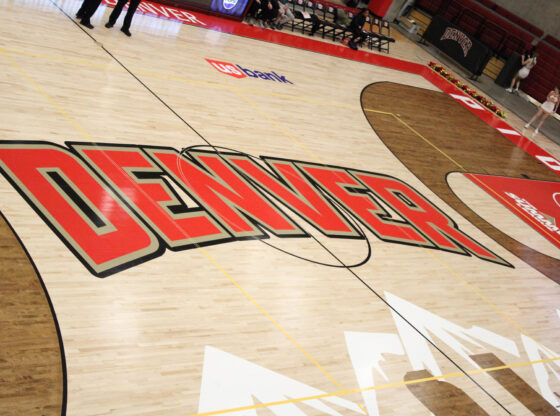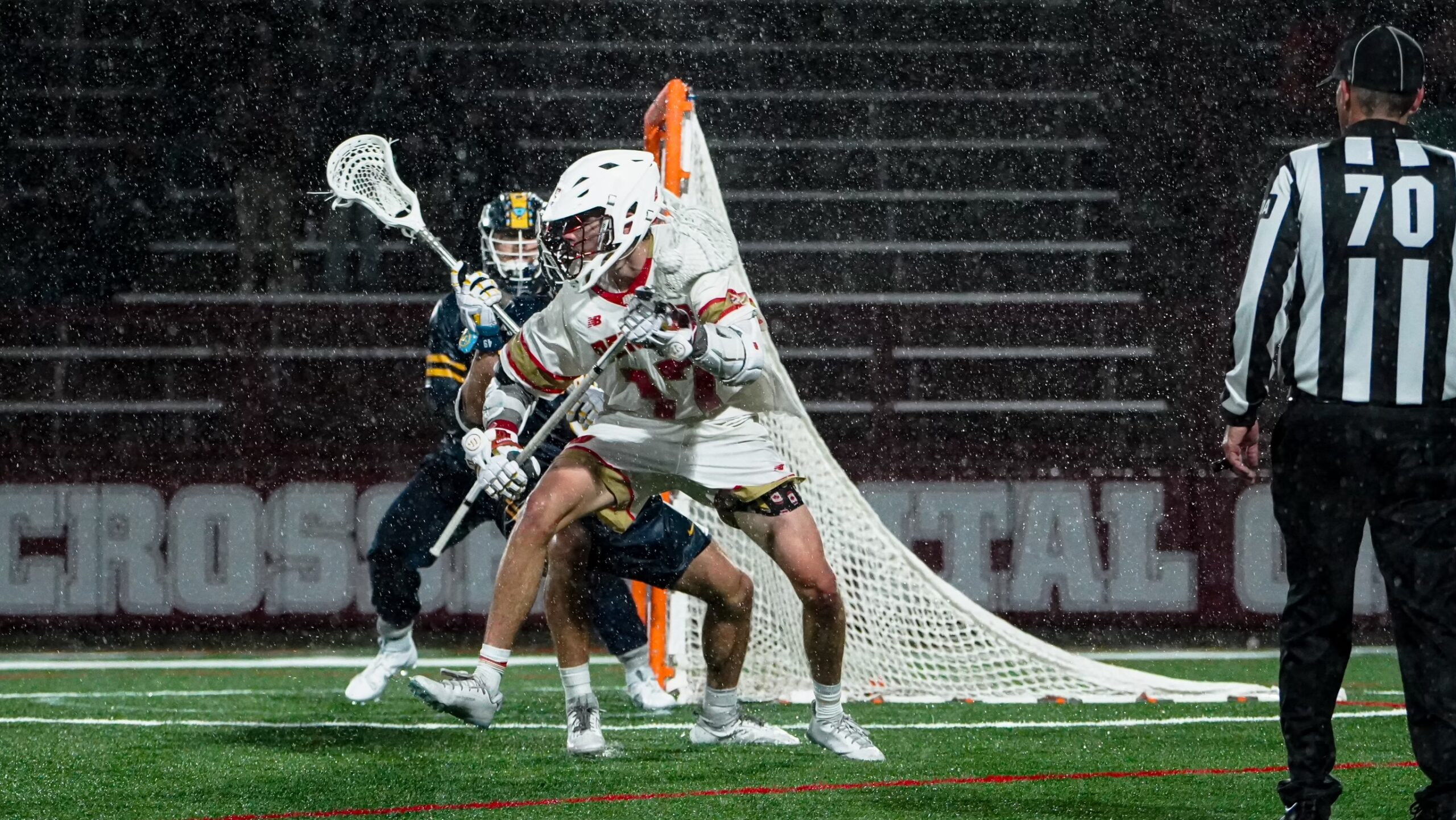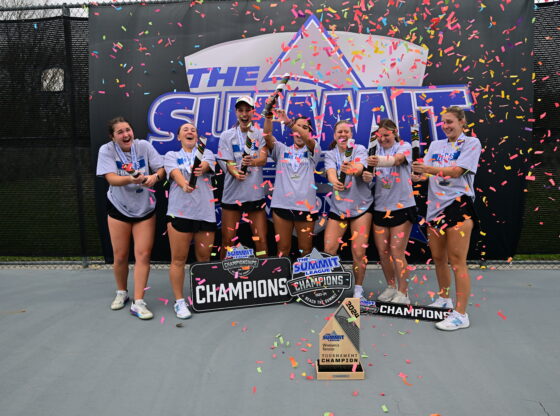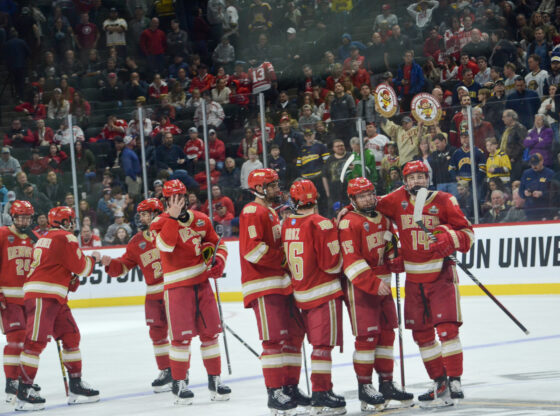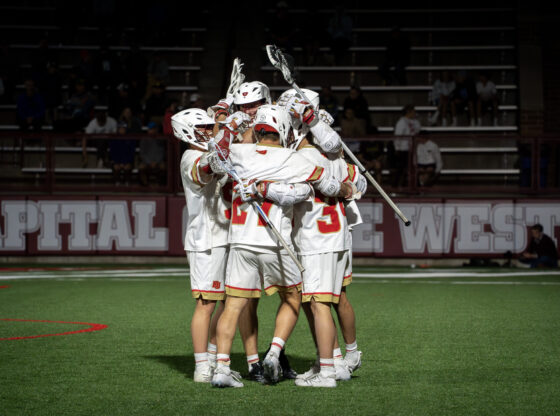COVID-19 has packed a punch in more ways than one. Communities that rely on in-person interaction, like many sports teams, have been forced to mitigate the home-ifying effects of the virus. College basketball has been forced to delay countless anticipated games, top-of-the-league athletes like Novak Djokovic have faced controversy regarding vaccine status and teams across the country have struggled with belabored breath under their masks. However, there is a club sport on the University of Denver campus that knows how to take a hit.
Junior Rory Taylor, the president and captain of Club Women’s Rugby at DU, noted the struggle.
“Unfortunately, it has been a little bit harder for us to get official matches in the league, because women’s team’s especially, during the pandemic, took a big hit. A lot of the clubs we usually play didn’t survive,” Taylor said.
Despite the adversity, the women’s team has made a concerted effort to recruit, compete and have fun amid the pandemic. During the autumn quarter, the team practiced fifteens, a type of rugby that pits teams of fifteen players against one another. Though sparse participation and COVID-19 concerns made league play challenging, the athletes arranged a clinic and scrimmage with a local club, Black Ice.
“[It] was really nice because it gave us the chance to get more experience and learn from them as opposed to playing against them,” said Taylor.
The camaraderie is not out of the ordinary for rugby, where your opponents are more friends than foes.
“In other sports, there’s always that negative relationship between your opponent, but rugby is the complete opposite. You’re friends with the people that you’re tackling in the middle of a fifteens match, which is something you wouldn’t expect because you’re taking each other to the ground,” explained Taylor.
Socialization is one of the key components in rugby, and DU’s club reflects this. At practice, the ‘ruggers’ spend time on fundamentals, games and scrimmages, but off the field, the players find a thriving community.
“I really like how inclusive it is. No matter what sport you’ve played before, there is a spot for you. There is a lot of community and a lot of learning,” fourth-year Sam Axtman said.
“Rugby has such a huge community, not even at the school, but in general. If you walk somewhere in Denver and someone has a rugby shirt on, then you have an immediate connection, which isn’t something you could get in another sport,” Taylor continued.
Community is a pervasive throughline of the sport. Before the scrimmage against Black Ice last quarter, the two teams split into positional groups and ran through fundamentals, the experienced Black Ice players teaching the DU women more about the sport. After the scrimmage with Black Ice, the two teams joined one another for a lunch social.
Another part of the appeal of rugby is how new it is, many in the U.S. growing up surrounded by football, not its foreign counterpart. The club encourages students to embrace the unknown of the sport, allowing anyone to come to practice no matter the experience level.
“I wanted to try something new when I got to college, and I thought tackling sounded cool, like nothing I had ever done in sports,” said Marguerite LaPlant, a first-year and new addition to the team.
The club also relies on existing connections for recruitment, hosting events like, “Bring a Friend to Practice Day,” and opening many socials to interested parties.
Fourth-year Cate Lull, who was sporting a makeshift cast of popsicle sticks and duct tape because she was afraid that going to the doctor might keep her off the pitch–a testament in itself to the sport–recounted her introduction to the sport.
“I had a friend who was really into rugby, and the first thing she did was take me out to a bunch of bars to watch rugby. [It was] after serving hours, so we could get in underage, but we were out there at two, three a.m. in downtown Denver at these dive bars watching rugby, drinking coffee instead of alcohol, pulling all-nighters, and I was like, ‘wow this is such a cool community.’ Then she brought me out to the pitch,” Lull said.
Club rugby practices are Tuesday and Thursday from 6:00 p.m. to 7:30 p.m., and all who are interested are encouraged to attend. During the winter quarter, the team will be playing sevens rather than fifteens, likely allowing more league competition due to more personnel flexibility.
Regardless of the competition, though, the rugby community is strong enough to face any circumstances and emerge stronger, more unified than before, battle scars and all.



